- Home
- Health Condition
Nasal Spray For Allergic Rhinitis
Nasal Spray For Allergic Rhinitis
- Total Items (53)
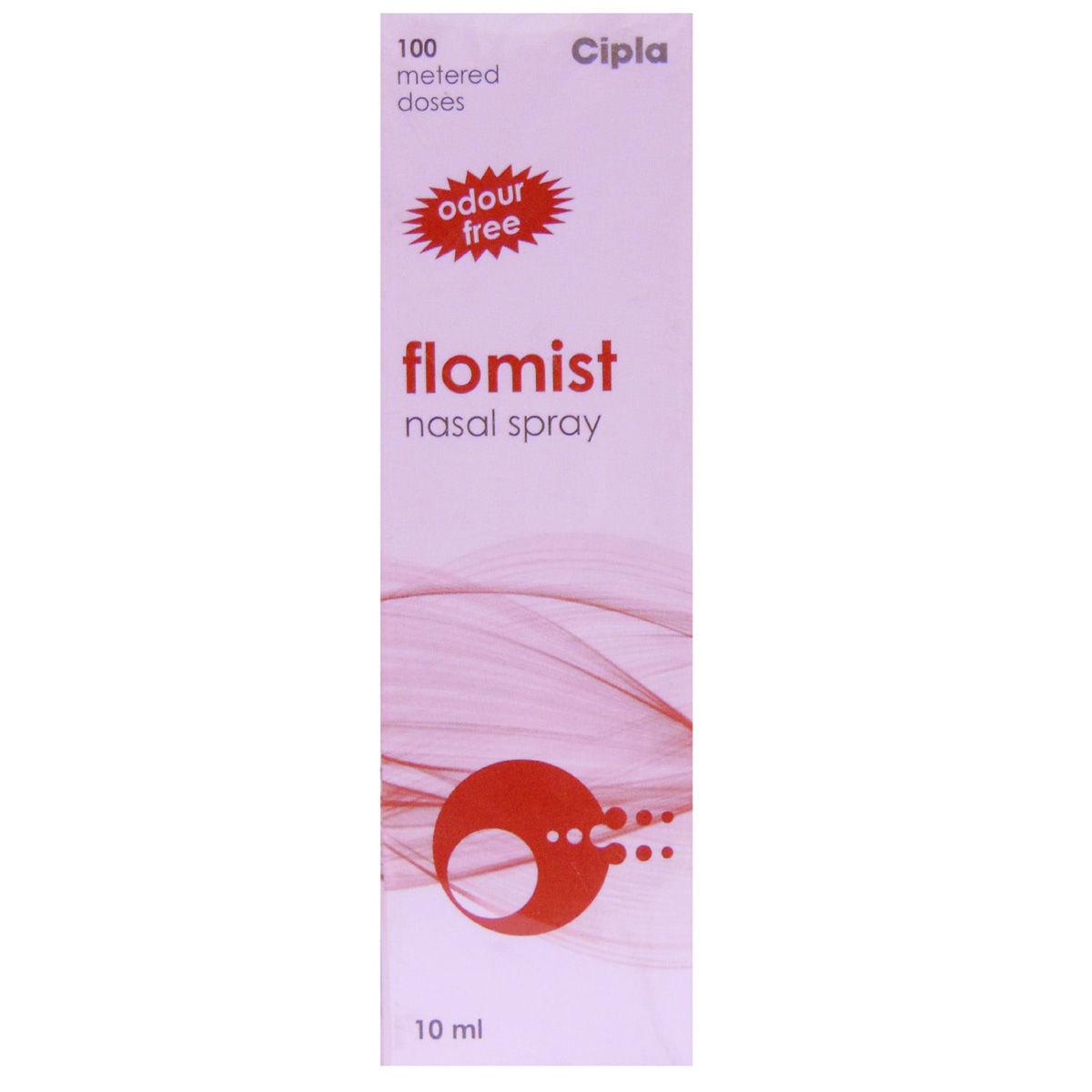 RX
RXFlomist Nasal Spray 10 ml
₹420.80
MRP ₹467.50
10% off
 RX
RXFluticone-FT Nasal Spray 6 gm
₹484.20
MRP ₹538
10% off
 RX
RXFuramist Nasal Spray 6 gm
₹509
MRP ₹565.50
10% off
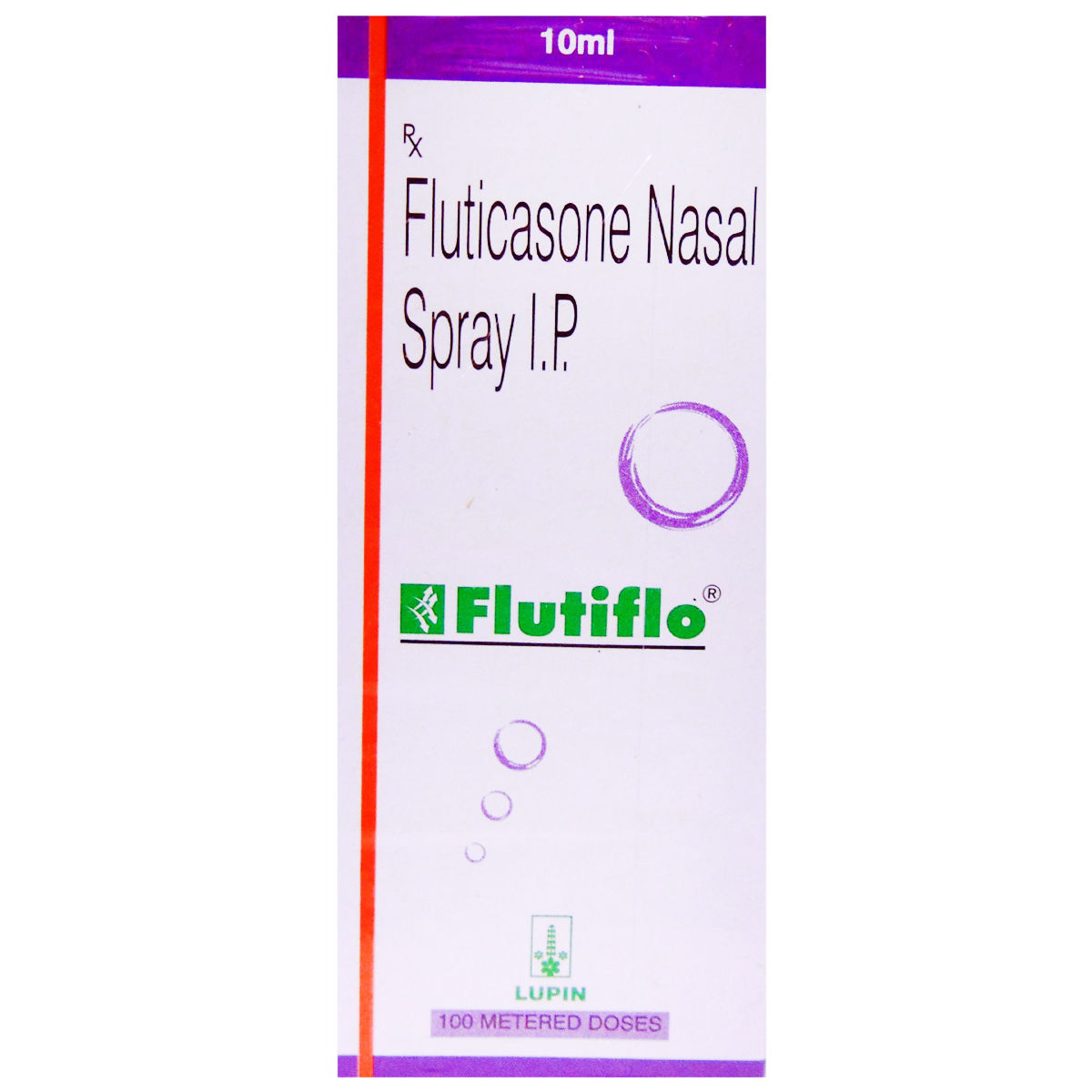 RX
RXFlutiflo Nasal Spray 10 ml
₹425.70
MRP ₹473
10% off
 RX
RXNezaflo Nasal Spray 12 ml
₹369
MRP ₹410
10% off
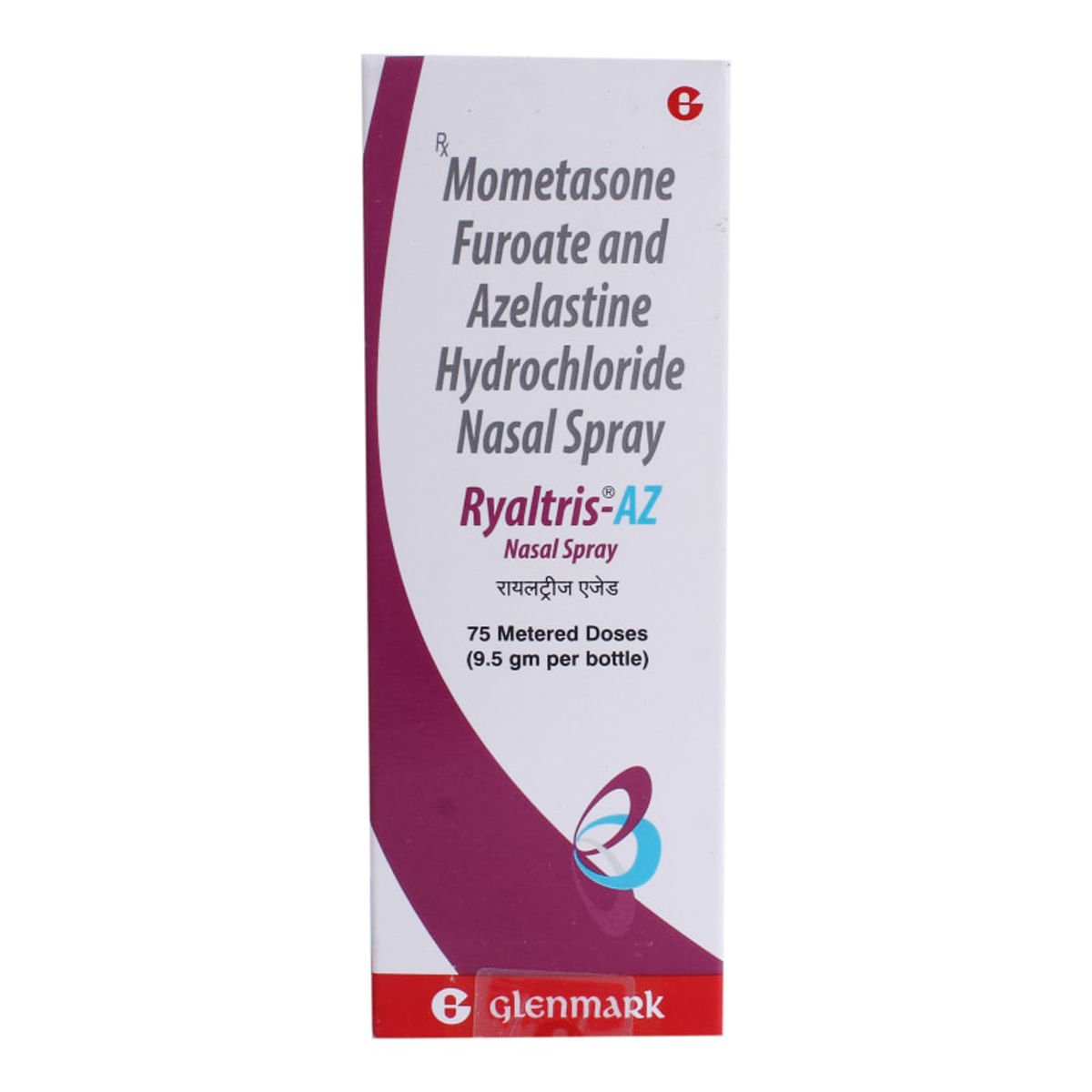 RX
RXRyaltris-AZ Nasal Spray 9.5 gm
₹206.10
MRP ₹229
10% off
 RX
RXNazobic Nasal Spray 6 gm
₹492.30
MRP ₹547
10% off
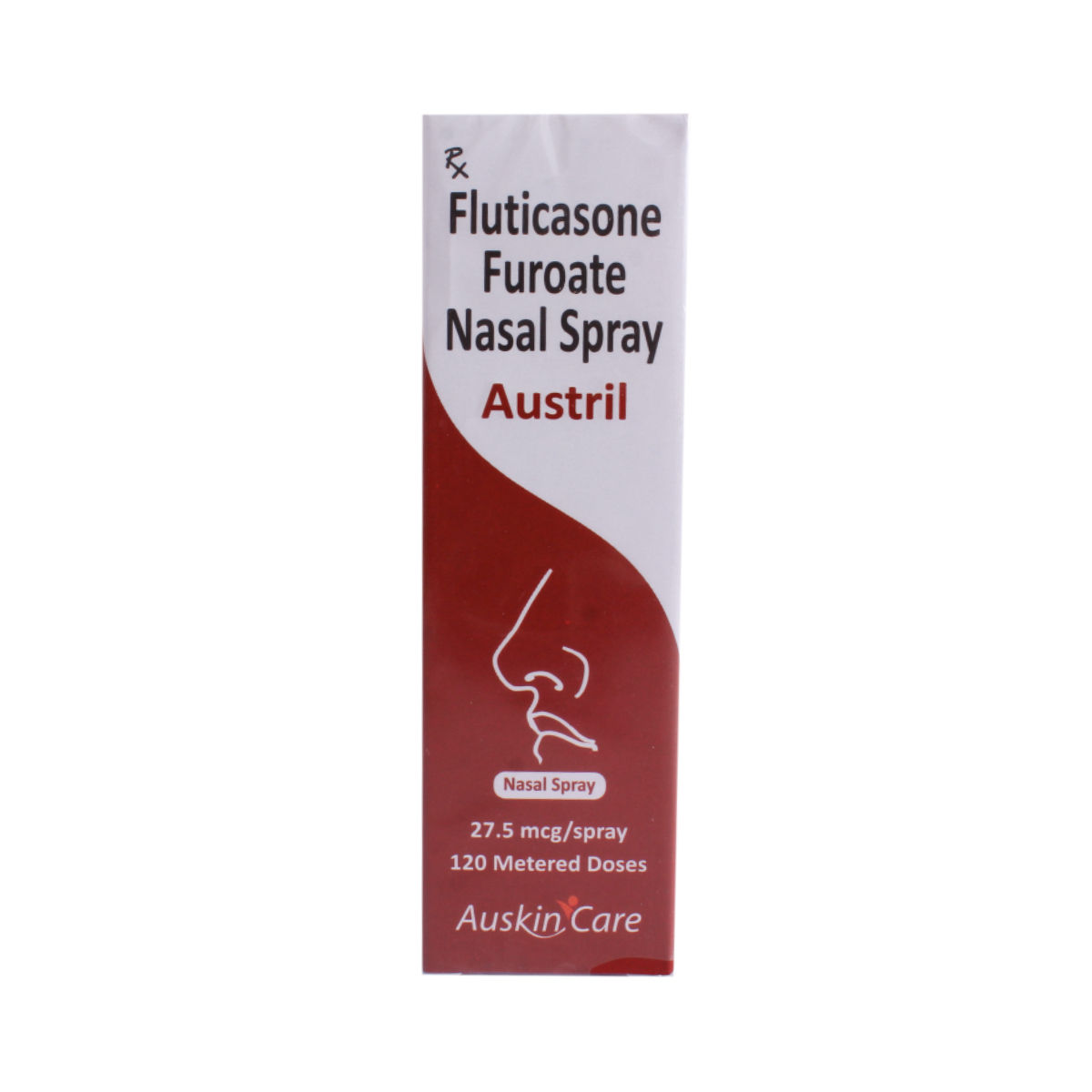 RX
RXAustril 27.5 mcg Nasal Spray 6 gm
₹351
MRP ₹390
10% off
 RX
RXEzicas F Nasal Spray 16 gm
₹463.10
MRP ₹514.50
10% off
 RX
RXFlutiprl Nasal Spray 120 mdi
₹396
MRP ₹440
10% off
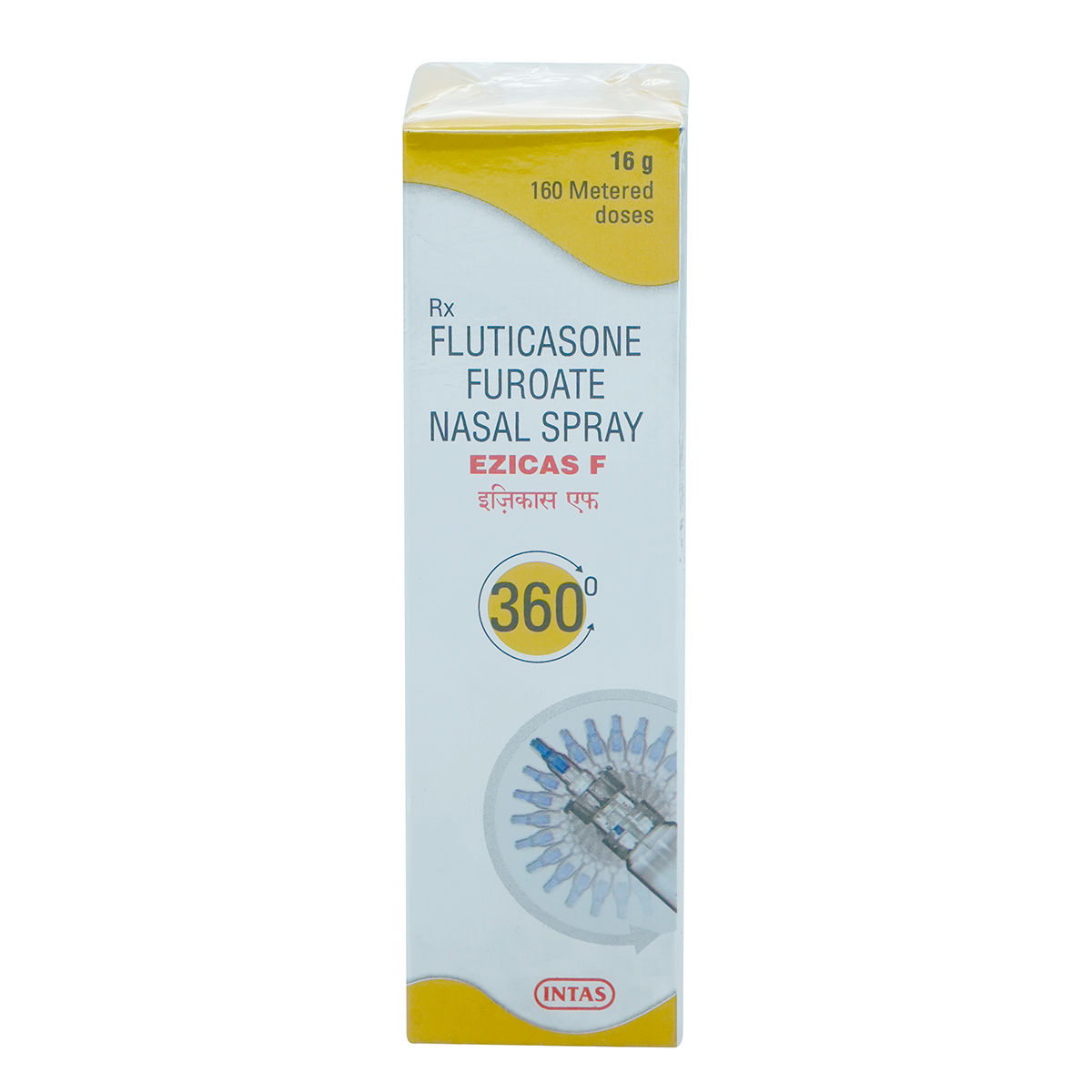 RX
RXEzicas F 360 Nasal Spray 160 mdi
₹463.10
MRP ₹514.50
10% off
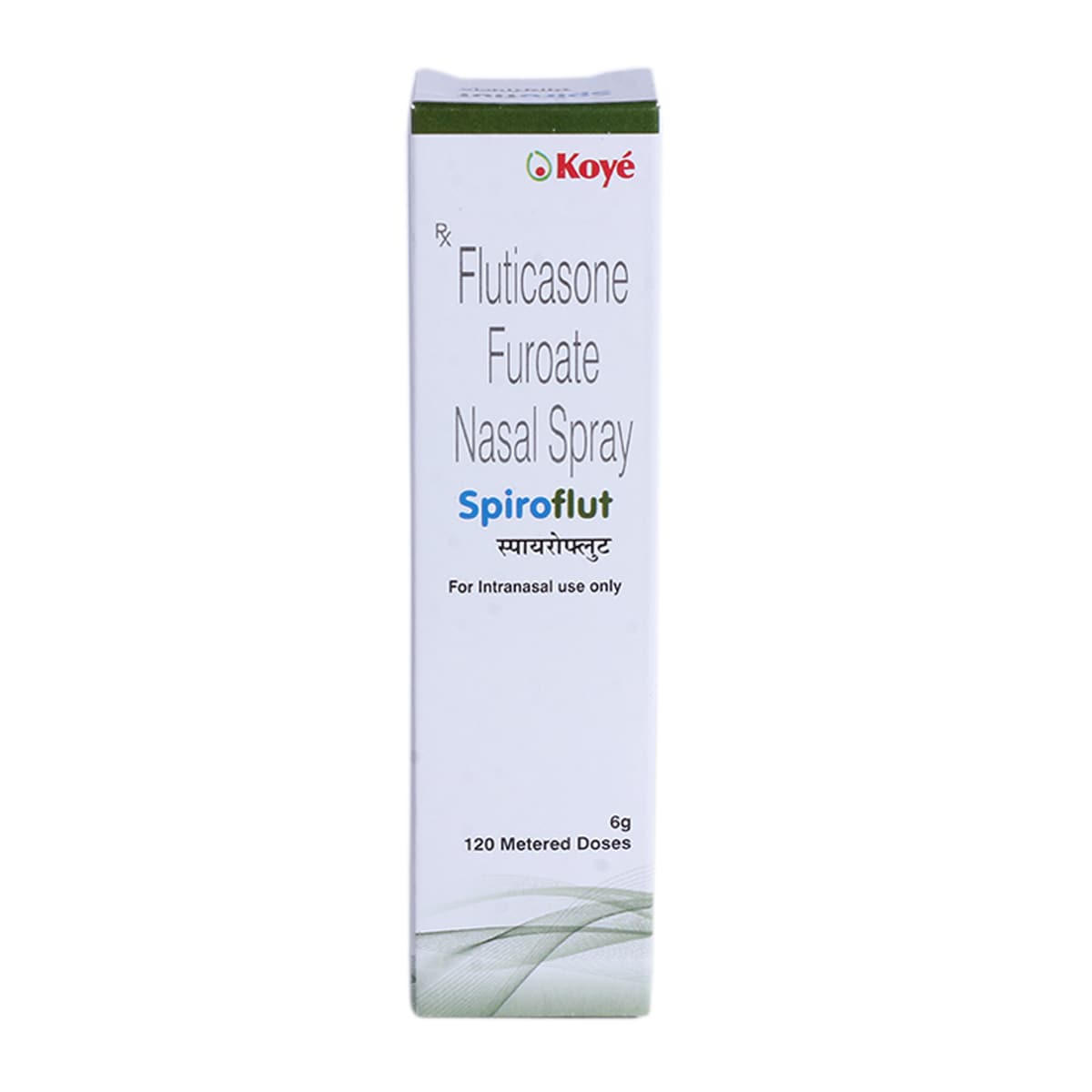 RX
RXSpiroflut Nasal Spray 6 gm
₹382.50
MRP ₹425
10% off
 RX
RXBudenase AQ Nasal Spray 150 MDI
₹122.40
MRP ₹136
10% off
 RX
RXFlutivin Nasal Spray 10 ml
₹216
MRP ₹270
20% off
 RX
RXFexovor 27.5 Nasal Spray 120 MDI
₹358.70
MRP ₹398.50
10% off
 RX
RXMomeflo-AZ Nasal Spray 75 mdi
₹387.90
MRP ₹431
10% off
 RX
RXAR-Ezy 27.5 MCG Nasal Spray 120 MDI
₹346.10
MRP ₹384.50
10% off
 RX
RXEzicas Nasal Spray 12 ml
₹359.10
MRP ₹399
10% off
 RX
RXSino Spray 6 gm
₹206.60
MRP ₹229.50
10% off
 RX
RXFlosooth Nasal Spray 100 MDI
₹319.50
MRP ₹355
10% off
 RX
RXFlixonase Innospray Nasal Spray 120 MDI
₹553.50
MRP ₹615
10% off
 RX
RXSinospray FT Nasal Spray 6 gm
₹315
MRP ₹350
10% off
 RX
RXPexoflut 27.5 mcg Nasal Spray 120 MDI
₹346.10
MRP ₹384.50
10% off
 RX
RXRyno 27.5 mcg Nasal Spray 100 mdi
₹332.10
MRP ₹369
10% off
Nasal Spray For Allergic Rhinitis
Allergic rhinitis, also known as hay fever, is a common condition caused by things like pollen, dust mites, mould, or pet hair. When you breathe in these allergens, your body reacts by releasing chemicals that make your nose and eyes feel irritated. This can lead to sneezing, a blocked or runny nose, and itchy eyes.
A nasal spray for allergic rhinitis is a very effective way to treat these symptoms. It delivers the medicine straight into your nose where it’s needed most, helping you feel better quickly. Nasal sprays usually have fewer side effects than tablets, and there are different types available. Choosing the right one depends on your symptoms and how severe they are.
Types of Medicines Used for Allergic Rhinitis
There are several categories of nasal sprays used to treat allergic rhinitis, each tailored to relieve specific symptoms. Understanding these options can help you and your healthcare provider choose the most appropriate treatment.
1. Nasal Corticosteroids
These are anti-inflammatory sprays that reduce swelling and mucus production in the nasal passages, making them highly effective for treating all major symptoms of allergic rhinitis.
Example: Fluticasone propionate (commonly sold as Flixonase), Mometasone furoate (Nasonex), Budesonide (Rhinocort)
These sprays are ideal for long-term management and are considered the first-line treatment, especially for moderate to severe cases.
2. Antihistamine Nasal Sprays
These sprays block the effects of histamine, the chemical responsible for causing allergic symptoms such as sneezing, itching, and a runny nose.
Example: Azelastine hydrochloride (Allergodil), Olopatadine (Ryaltris)
They act quickly and are especially effective in treating intermittent symptoms or seasonal allergies. Some sprays combine antihistamines with corticosteroids for broader symptom control.
3. Decongestant Nasal Sprays
Decongestants work by narrowing the blood vessels in the nasal lining, which reduces swelling and clears nasal passages almost immediately. However, they are suitable for short-term use only.
Example: Oxymetazoline (Nasivion), Xylometazoline (Otrivin)
Prolonged use (beyond 3–5 days) can lead to rebound congestion, making symptoms worse, so these sprays should be used with caution.
4. Mast Cell Stabiliser Nasal Sprays
These sprays prevent mast cells in the nasal lining from releasing histamine and other chemicals during an allergic reaction. They are not as potent as corticosteroids but are useful as a preventive measure.
Example: Sodium cromoglicate (Rynacrom)
Best used regularly before allergen exposure, these are particularly helpful during allergy seasons or for patients with known triggers.
5. Anticholinergic Nasal Sprays
These work by inhibiting the nerve signals that stimulate nasal glands to produce mucus, making them very effective for controlling a constantly runny nose (rhinorrhoea).
Example: Ipratropium bromide (Atrovent Nasal Spray)
They are less effective against congestion or sneezing but offer targeted relief for excessive nasal discharge.
6. Combination Nasal Sprays
These contain more than one active ingredient, often combining a corticosteroid and an antihistamine for enhanced symptom relief.
Example: Dymista (combination of fluticasone propionate and azelastine hydrochloride)
Combination sprays are a convenient option for patients experiencing multiple symptoms and can reduce the need for taking separate medications.
Benefits of Using Nasal Spray for Allergic Rhinitis
Using a nasal spray for allergic rhinitis provides several key benefits:
- Targeted Action: Delivers medication exactly where it's needed—directly in the nasal passages.
- Fast Symptom Relief: Many sprays offer rapid relief, especially antihistamines and decongestants.
- Fewer Systemic Side Effects: Minimal absorption into the bloodstream means a lower risk of generalised side effects.
- Improved Quality of Life: Better symptom control leads to improved sleep, productivity, and comfort in daily activities.
- Preventive Control: Regular use, particularly of corticosteroids or mast cell stabilisers, can prevent flare-ups during allergy seasons.
Dosage & Usage Instructions of Nasal Spray for Allergic Rhinitis
To get the best results from a nasal spray for allergic rhinitis, it’s important to use it correctly:
1.Before Application
- Blow your nose gently to clear the nostrils.
- Shake the bottle if instructed by the label.
2.During Use
- Tilt your head slightly forward.
- Insert the nozzle into one nostril while closing the other.
- Aim slightly outward (away from the nasal septum).
- Breathe in gently while spraying.
- Repeat for the other nostril if required.
3.After Use
- Wipe the nozzle clean and replace the cap.
- Avoid blowing your nose for a few minutes.
Consistency is key—especially for corticosteroid sprays, which work best when used daily. Always follow the manufacturer’s instructions and consult a healthcare provider for guidance.
Buy Medicines for Allergic Rhinitis Online at Apollo 24|7
You can easily purchase a nasal spray for allergic rhinitis online through Apollo 24|7. The platform offers a wide selection of nasal sprays, including corticosteroids, antihistamines, decongestants, and combination options.
With user-friendly filters and verified customer reviews, Apollo 24|7 makes it easy to find and order the right medication for your needs. Home delivery, discounts, and the availability of online consultations with doctors add to the convenience and reliability.
Frequently asked questions
Yes, corticosteroid nasal sprays are designed for daily use and are safe when used as directed. Other types, like decongestants, should only be used short-term.
Decongestant and antihistamine sprays often provide relief within minutes. Corticosteroids may take several days to show their full effect.
Some sprays are suitable for children, but always consult a paediatrician and choose age-appropriate products.
In certain cases, such as using a corticosteroid with an antihistamine, it can be effective—but only under medical supervision.
If you feel your spray is no longer effective, speak to a healthcare provider. Your symptoms or triggers may have changed, or you may need an alternative treatment approach.
